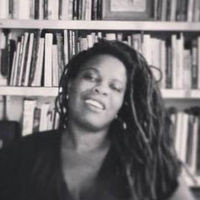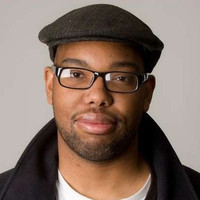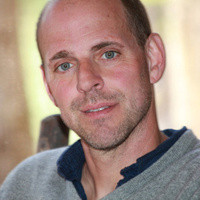Rachel Kaadzi Ghansah has written for The Believer, The LA Review of Books, Transition and The Paris Review. "If He Hollers Let Him Go," her essay on Dave Chappelle, was a 2014 National Magazine Award finalist.
"So the stakes are high. I’m not just writing this to write. I’m writing because I think there’s something I need to say. And there’s something that needs to be said. ... What I hope is that a young kid or an older person will see that you have choices, that you don't have to accept what people hand to you. That you have control."
Thanks to TinyLetter for sponsoring this week's episode.




















 Pamela Colloff is an executive editor and staff writer at Texas Monthly.
Pamela Colloff is an executive editor and staff writer at Texas Monthly.
 Mimi Swartz has written for Talk, The New Yorker and Vogue. She is an executive editor at Texas Monthly.
Mimi Swartz has written for Talk, The New Yorker and Vogue. She is an executive editor at Texas Monthly.




